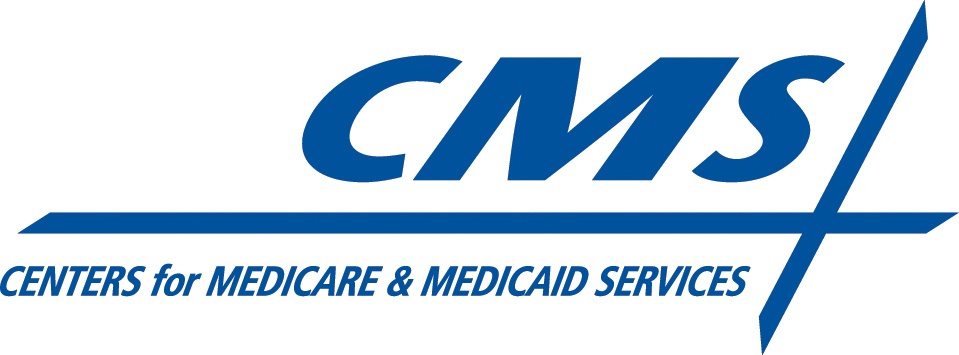 By: Jacqueline Bain
By: Jacqueline Bain
Out of network physician owned specialty hospitals are unique in that there are less stringent legal requirements on the facility, but patient care obligations remain the same. This means that patient care must be prioritized over profits and all actions taken by the hospital and any physician investor must showcase that order of priority.
Given the amount of scrutiny placed in physician owned specialty hospitals in the past two decades, these facilities are well served to identify and implement a process to remedy compliance concerns. Even when a facility does not submit claims to any Federal health insurance provider and is out of network with all commercial insurance companies, it is still required to follow the laws of the state where it is located.
The best plan for surviving scrutiny in such situations is to have a plan. Proactively seek out applicable laws and regulations, and determine how your hospital will abide by them. Compliance can be tailored to fit your facility.
Overutilization and Self-Referrals
A physician who shares ownership in a hospital may have a financial incentive to refer patients for services if he or she receives a percentage of the revenue generated. Laws including the Federal Stark Law and Anti-Kickback Statute were promulgated to combat unnecessary referrals. A 2003 study by the Department of Health and Human Services concluded that physician-investor referrals to hospitals in which they have an investment interest are similar to those physicians without investment interests. Nevertheless, the fear of overutilization and unnecessary self referral remains at the forefront of the regulators’ minds at both the State and Federal level.Continue reading


 June 1, 2020 – Florida Healthcare Law Firms adds experienced attorney
June 1, 2020 – Florida Healthcare Law Firms adds experienced attorney 
 By: Karina Gonzalez
By: Karina Gonzalez
 By:
By:  By:
By: 